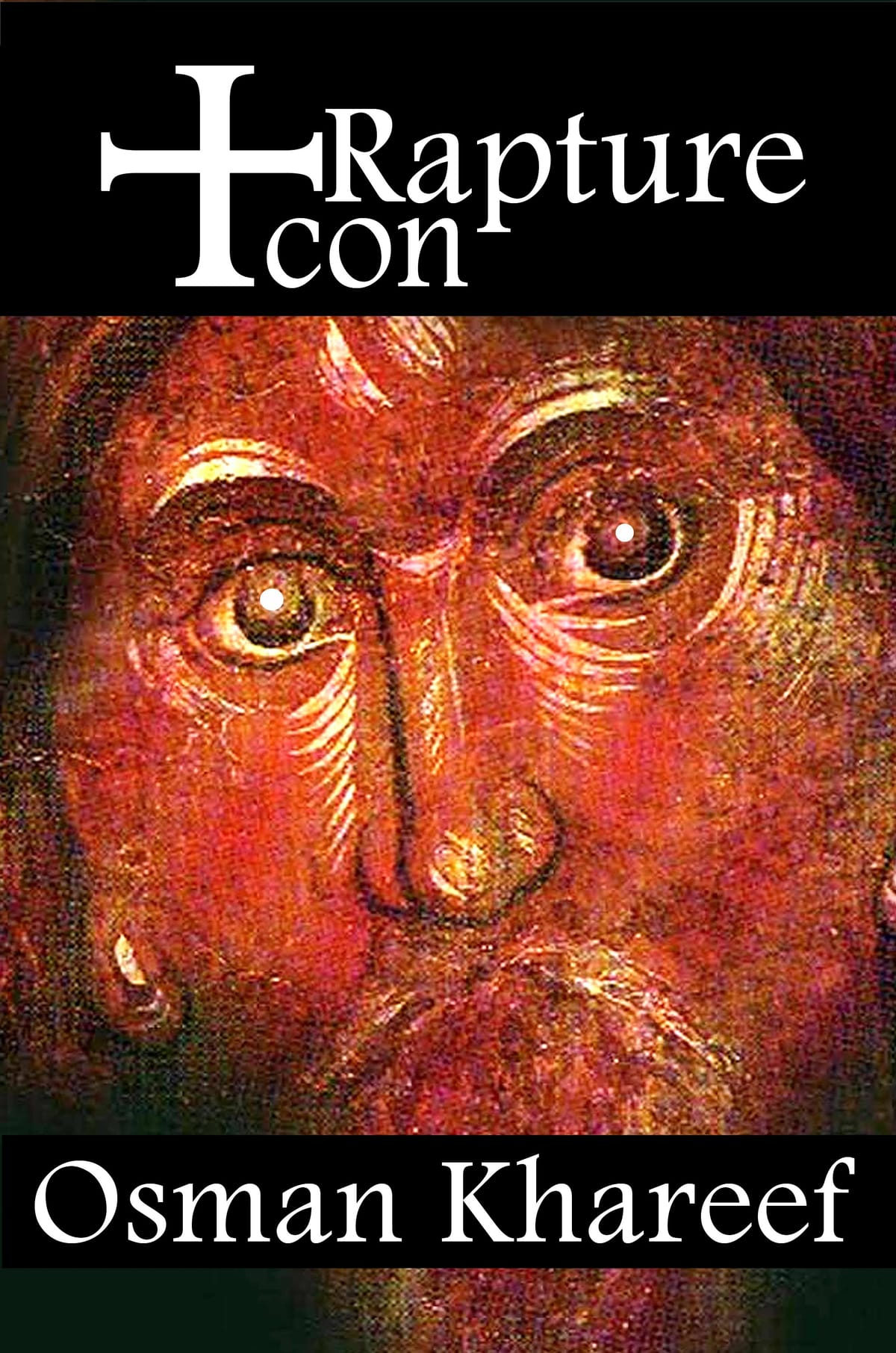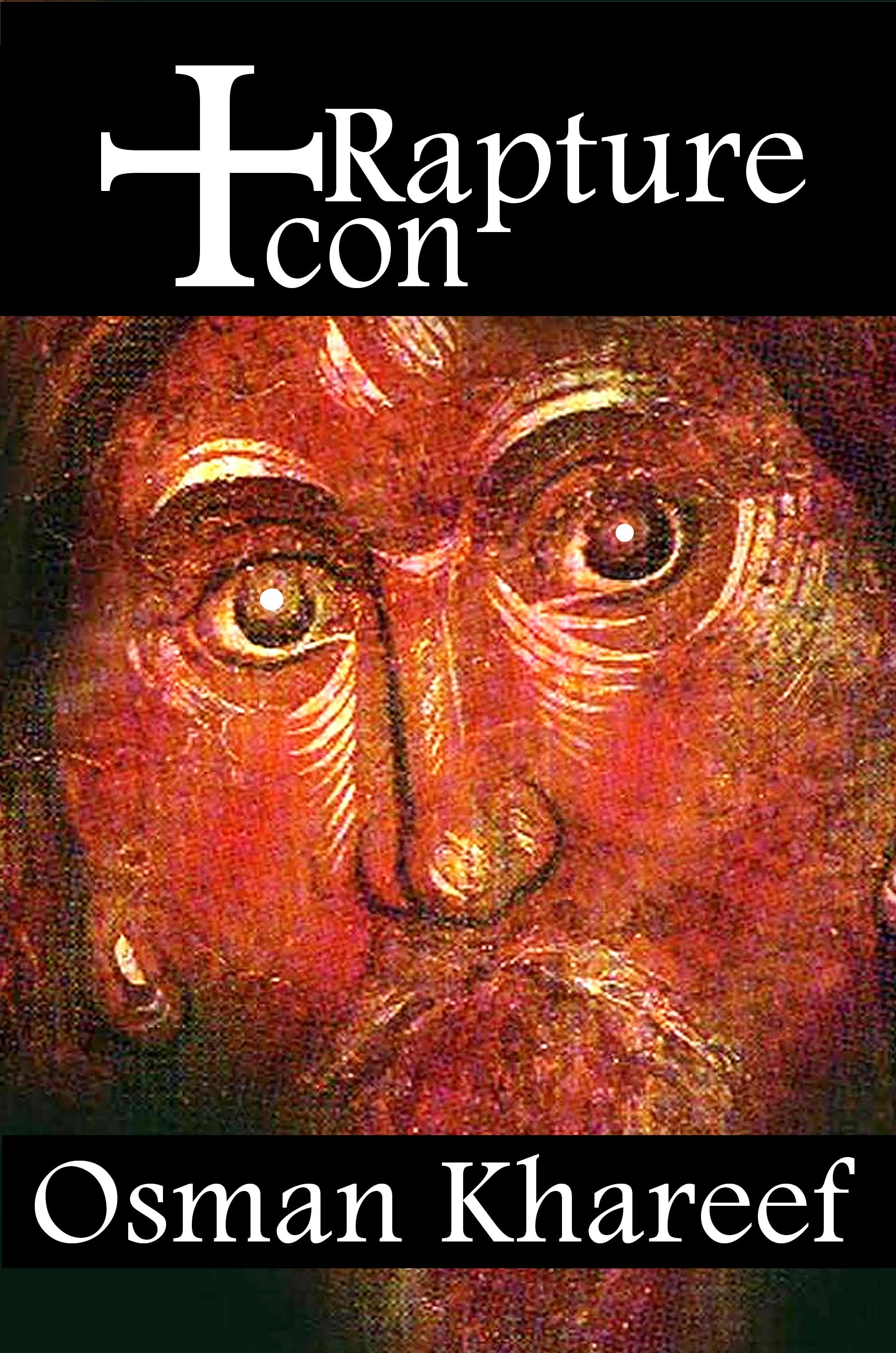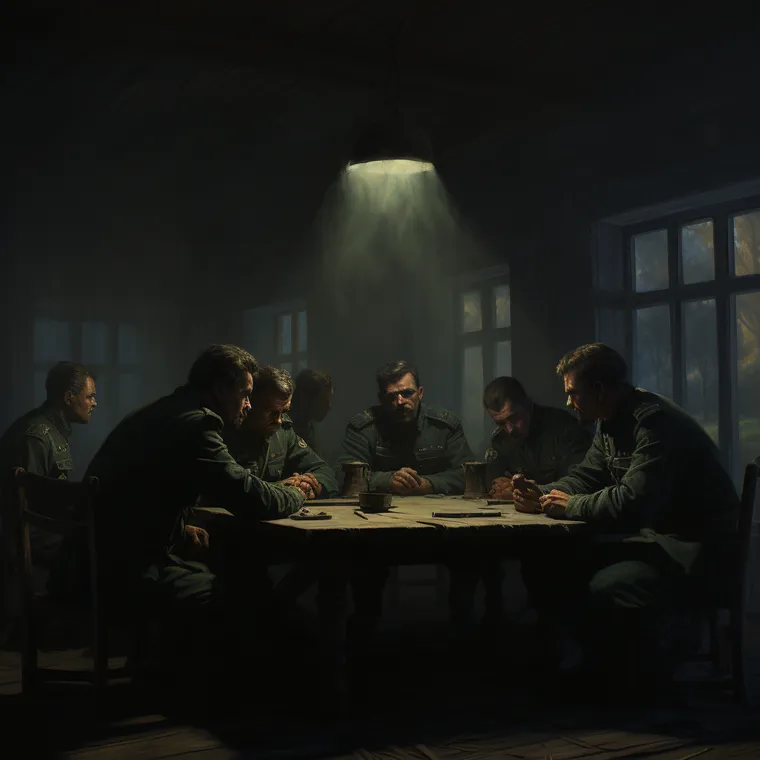Introduction

Episodes. Intro | 1 | 2 | 3 | 4 | 5
Prologue
“All right, Gentlemen. Please be seated.”
With much scraping of chairs, five of the senior officers of the Second Division of the New Army of the Russian Federation sat down at the long table in the otherwise deserted Officers’ Mess of their headquarters on the outskirts of Minsk near the Ukraine border.
General Victor Morelin opened the folder in front of him, lit a thin cigar and quickly read again the Cyrillic printing on the sheet of paper. He looked up and surveyed a room filled with smoke, condensation and the stench of the damp uniforms worn by men who had not washed properly since the summer. The overhead strip lighting flickered in sympathy with the diesel generators whose muffled drone could be heard all the way up from the basement, two floors below. Outside, there was a full Siberian snowstorm raging.
The General didn’t notice any of it. Five of his fellow officers, his comrades-in-arms (those who had survived with him in Afghanistan, Chechnya and other, less well-known, fields of battle) and his young nephew Sergei Yemeljan, a Sergeant in the Moscow Police who had flown in from Moscow for the meeting, stared back at him expectantly. All were smoking the cigars brought by the Sergeant who had liberated them from a criminal evidence room in the Dhzerzinsky Square FSB Police Complex where he worked.
“I’ll get straight to the point, comrades,” began the General. “We have three bids and today’s meeting is to decide which of these we shall accept. Are we still in total agreement?”
He paused to look at those whom he now thought of as his co-conspirators. They all knew that if Moscowcaught even a whisper of what they were about to do, they would be shot and their families imprisoned.
“Do you all understand the consequences?”
One by one each man banged his fist on the table to confirm his agreement.
The General nodded. Sighing inwardly, he read out the detailed offers for one or more of the stock of nuclear warheads that they were proposing to sell. They had good reasons for the sale. Firstly, to buy sufficient food and fuel to keep the soldiers under their command from mutiny or desertion and second for themselves. It was not being done through choice but through the necessity of surviving this and subsequent harsh Russian winters. These were professional soldiers, and although they retained a semblance of honour and dignity, the murderous Afghanistan and Chechnya campaigns had obliterated from their consciousness any regard for the sanctity of human life. They had experienced first hand how cheap life was and how randomly and regularly it was snuffed out. The thought that someone who bought a nuclear weapon from them might kill thousands of people was of little concern to them. What mattered was their own survival and the respect of their fellow soldiers – bonds forged in the mud and flame of brutal modern warfare. What also mattered was whether they could actually spend the money made from the sale. Whether they could get away with it.
General Morelin continued. “These are all acceptable bids, comrades. What we have to decide is to whom we shall sell. As you know there are many factors we should take into account. I think we are all agreed not to sell to the bastard Chechens whatever the price!”
There was a murmur of agreement. He paused to stub out his cigar in the overflowing ashtray.
“Even though the highest amount has been offered by Al Qaeda, I think there may be unacceptable repercussions for us if we sold nuclears to them. Also, they want to pay us in raw opium, which is difficult for us to deal with. If we suddenly entered the drugs racket, beyond our present level, questions would be asked that would cause us problems in the future.”
“So how much are the Iraqis offering then?” asked one of the officers, a veteran from the Soviet Era.
“Yes, they have made a very attractive bid. They can pay in petrodollars or gold. But Comrades, think carefully about the consequences. The Yankees are still all overIraqlike a skin disease. It would be very difficult for us to deliver the weapon undetected. Also, I am a little dubious about their ability to raise the money. The Americans have a very tight grip on the movement of money these days. Also, the crazy bastards might trigger a final global holocaust starting with Israel, in which case we couldn’t spend our money.” There were further nods of agreement around the room.
“So, we come to the final bid, Gentlemen.” General Morelin glanced around at his fellow conspirators as he told them the figure.
“That’s less than half the other bids,” came an immediate objection from one of the men.
“Yes, and we know nothing about them or of their possible motivations. Therefore, I asked my nephew here to look into it for us.” General Morel waved a languid hand at an officer, the youngest and most junior, sitting to his right. “Sergei, please tell us what you have discovered.”
“Comrades, I regret to say I have found very little out about the Priory Arcadia. My sources in the Police and FSB tell us next to nothing and I am reluctant to push it, in case they ask me why I want to know. After all, it is hardly a routine enquiry!” The other men nodded. He paused to cough and then continued.
“What little I have discovered I got from the Internet.” He paused and looked at his uncle.
“Continue if you please, Sergei,” said the General.
“It is some kind of European political society or cult based in France. However, what is significant to us, is they appear to be very wealthy, owning whole multi-national corporations and vast amounts of property throughout Europe. There is also a lot of rubbish about its history and involvement with secret societies and the Church - probably wild speculation. There are many crazy conspiracy theories on the Internet.”
“How do you think they heard about our offer?” asked the General. “We haven’t advertised this!”
“I’ve no idea, Comrade General. Anyone else have a suggestion?” All shook their heads.
“Somebody must have contacted them, for us to receive their bid; for us to get this email on our secret account,” persisted the General.
There was an uncomfortable silence.
Eventually, Sergeant Yemeljan coughed and spoke up. “Comrade General, I am not totally sure but it may have been through me that they found out how to approach us. As you know we have had some difficulty in getting the message across to the right people without compromising our security. You yourself contacted the Iraqis and others by careful phone calls and personal meetings. On your instruction, I sent carefully worded emails to various other groups; to individuals known to the FSB in the Tamil Tigers, ISIS, the Colombians, North Koreans and others. This is the only reply, in the correct format, which we have had. So far.”
“All right, Sergei,” said the General. “The message must have been passed on to these people in a manner, I suspect, we will never find out about. Keep digging into their background and keep us informed. Time is short and we must act swiftly.”
“Yes, Comrade General,” replied Sergei.
“Well, let’s look at this in another way,” suggested the General. “This Priory Arcadia has agreed to pay 40 million in used US dollars or the currency of our choice. They have agreed to pick up the weapon from us here inRussia. They have also stated that the weapon is unlikely to be used, because it’s needed as insurance. They say...” he peered down at his notes, “they are not fanatics hell-bent on Islamic Jihad or World Annihilation.” The General paused. “More like World Domination, I suspect!” he said.
“Well, that’s a relief!” muttered one of the officers. There was a nervous note to their laughter.
“We have to make a decision tonight, gentlemen.” General Morelin glared around at the others. “Does anybody want to contribute anything else? No? In that case, I will summarise. My friends, we know what Al Qaeda will do with it. We know what the Iraqis will do with it.” He made a boom-boom gesture with his hands. “We do not know what this European lot will do with it, but they don’t sound as bad.” He shrugged his shoulders. “So, I propose we sell to the Priory Arcadia, even though their bid is much less.”
He looked at the men. “Do you agree to my leadership in this, comrades?”
Slowly, each man raised his fist. General Victor Morelin raised his own fist and thumped it down violently on the table. The others followed suit.
“So be it,” he said. “My nephew Sergei will complete the arrangements. I suggest the transfer is made on the Mushinsky Highway, a few miles West of us here in Minsk. I will, of course, check that they can come up with the money.”
The others picked up their caps, buttoned their greatcoats and filed out to resume their normal duties.
Alone at the table, General Victor Morelin put his head in his hands. “God forgive us!” he wept. “God forgive me!”
He hadn’t wanted to involve so many people, but there had been no choice. They had already located and extracted a suitable warhead from his inventory of intercontinental missiles lying rusting, mostly unattended, possibly unstable and some even forgotten, in their concrete silos. They still needed to rewire and reconfigure the controlling arming circuitry and to crate the warhead in something easily transportable by road.
Some of those missiles were more than forty years old dating from the Cuban Missile Crisis in the old Soviet days. In the last decade or so, most of these warheads, even those pointed at China, had been neglected so there was serious potential danger in disturbing them. Nuking the city of Minsk and its surrounding region was not the intended plan.
All this required the active collusion and involvement of others: his most trusted senior officers and one of the very few nuclear-missile technicians and key-holders left under his command. They all had their price. A high price.
The usual pay off of a crate of official unadulterated Army vodka and a couple of days leave to visit a Moscow brothel was hardly sufficient these days. Niet.
More like a forged US passport, a kilo of cocaine and a red Ferrari.

Episodes. Intro | 1 | 2 | 3 | 4 | 5

Icon Rapture
A thrilling hunt for Early Christian icons and artifacts of immeasurable value such as the Legacy of Carpocrates against a backdrop of the modern Age of Terrorism and European and American evangelical ‘rapture’ politics.



